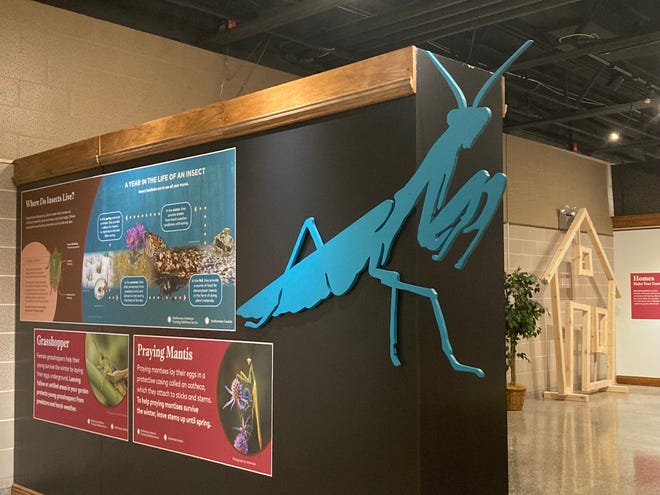-
Meet three therapists who are helping Marylanders cope with their climate anxiety
Illustration by Malte Mueller/Getty Images. Increasingly, Americans of all generations are suffering from climate anxiety. There are, of course, a growing number of people who are directly impacted by climate disasters — severe weather, extreme heat, wildfires, even sunny-day flooding. But there are also an increasing number of people who are simply prone to worry — and in…
-
Meet three therapists who are helping Marylanders cope with their climate anxiety
Illustration by Malte Mueller/Getty Images. Increasingly, Americans of all generations are suffering from climate anxiety. There are, of course, a growing number of people who are directly impacted by climate disasters — severe weather, extreme heat, wildfires, even sunny-day flooding. But there are also an increasing number of people who are simply prone to worry — and in…
-
‘There is a Scientific Fraud Epidemic’
Rooting out manipulation should not depend on dedicated amateurs who take personal legal risks for the greater good. From a story on Financial Times: As the Oxford university psychologist Dorothy Bishop has written, we only know about the ones who get caught. In her view, our “relaxed attitude” to the scientific fraud epidemic is a…
-
Endangered Species Act at 50: wins, losses and controversy
Nicholas Coleman, left, a University of Maryland Center for Environmental Science student, and Maryland Department of Natural Resources scientist Matt Baldwin release “Igor,” a tagged Atlantic sturgeon and an endangered species, into the Marshyhope Creek in September 2021. The fish has been detected every fall for the past eight years during the spawning run in…
-
The Monday After: Exploring the surroundings of birds, bugs

“Habitat,” the Smithsonian Gardens traveling exhibition on display in the Keller Gallery of McKinley Presidential Library & Museum, is an appropriate one to inhabit a museum operated by a historical society. The evolution of nature’s habitats has taken place in a manner that is documented far into the past, the exhibit shows. And one of…
-
The Monday After: Exploring the surroundings of birds, bugs

“Habitat,” the Smithsonian Gardens traveling exhibition on display in the Keller Gallery of McKinley Presidential Library & Museum, is an appropriate one to inhabit a museum operated by a historical society. The evolution of nature’s habitats has taken place in a manner that is documented far into the past, the exhibit shows. And one of…
-
Not everyone is on board with a plan to build hydropower on the Navajo Nation
Percy Deal, a member of the Navajo Nation, is looking up at a pale stripe of sandstone that stands out against the rim of Black Mesa in northeastern Arizona. Juniper trees speckle the steep cliffsides facing the site of a proposed hydropower project. “All you have to do is look around here,” Deal said. “This…
-
Not everyone is on board with a plan to build hydropower on the Navajo Nation
Percy Deal, a member of the Navajo Nation, is looking up at a pale stripe of sandstone that stands out against the rim of Black Mesa in northeastern Arizona. Juniper trees speckle the steep cliffsides facing the site of a proposed hydropower project. “All you have to do is look around here,” Deal said. “This…
-
Natural History Specialist Wendy Darke Talks Funding, Tax Breaks and Environmental TV As Fremantle Strikes Deals For ‘Whale With Steve Backshall’
EXCLUSIVE: Whale with Steve Backshall, the latest high-end natural history series out of the UK is racking up international sales, as the Sky Nature show’s executive producer Wendy Darke talked up the importance of distribution and tax credits in getting such programs made. The ABC in Australia and France’s Ushuaia are the latest to board…
-
Natural History Specialist Wendy Darke Talks Funding, Tax Breaks and Environmental TV As Fremantle Strikes Deals For ‘Whale With Steve Backshall’
EXCLUSIVE: Whale with Steve Backshall, the latest high-end natural history series out of the UK is racking up international sales, as the Sky Nature show’s executive producer Wendy Darke talked up the importance of distribution and tax credits in getting such programs made. The ABC in Australia and France’s Ushuaia are the latest to board…